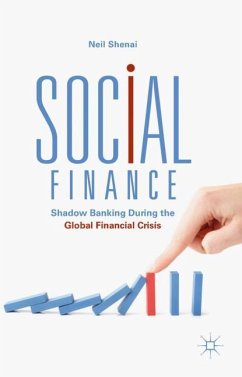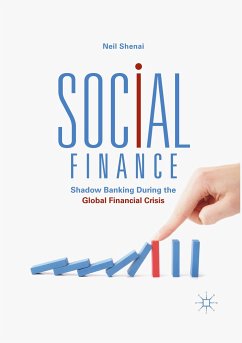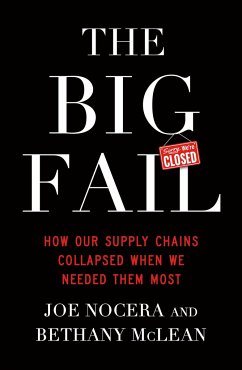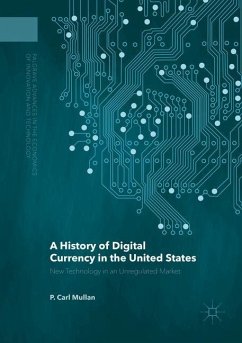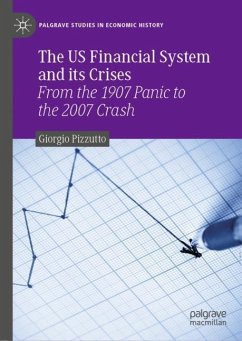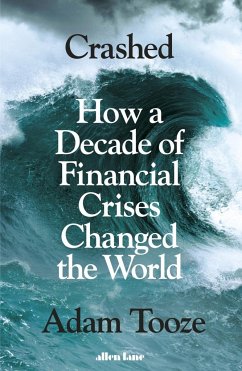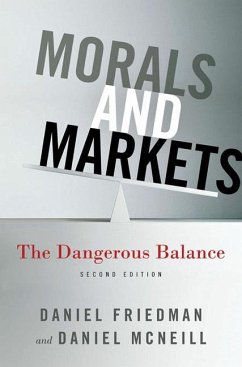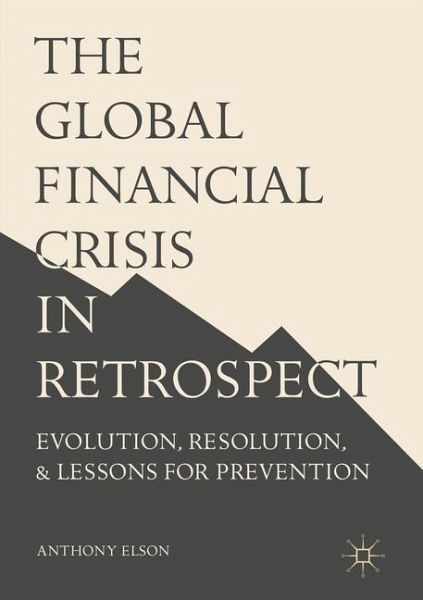
The Global Financial Crisis in Retrospect
Evolution, Resolution, and Lessons for Prevention
Versandkostenfrei!
Versandfertig in 6-10 Tagen
19,99 €
inkl. MwSt.

PAYBACK Punkte
10 °P sammeln!
This book provides a uniquely comprehensive explanation of the 2008-2009 global financial crisis and resulting scholarly research in the context of building an agenda for reform. With the clarity provided by almost a decade of hindsight and a careful eye toward planning for prevention, Elson guides readers through both historical fact and scholarly interpretation, highlighting areas where careful critique of and changes in the international financial architecture and the mainstream macroeconomic paradigm can promote greater financial stability in the future. Given the great public concern over...
This book provides a uniquely comprehensive explanation of the 2008-2009 global financial crisis and resulting scholarly research in the context of building an agenda for reform. With the clarity provided by almost a decade of hindsight and a careful eye toward planning for prevention, Elson guides readers through both historical fact and scholarly interpretation, highlighting areas where careful critique of and changes in the international financial architecture and the mainstream macroeconomic paradigm can promote greater financial stability in the future. Given the great public concern over growing income and wealth inequality, the book examines their links to the increased financialization of the economy, both prior to and since the crisis. Finally, the book identifies a number of lessons that need to be recognized if adequate and effective reforms are to be introduced to avoid a financial crisis of similar magnitude in the future.
Comprehensive enough for universitystudents and sufficiently innovative for financial policymakers, this book will appeal to a wide range of readers interested in understanding not just where the crisis has brought us, but what key economists have said about it and how we can strengthen our financial system oversight to deal with the continuing challenges of globalization.
Comprehensive enough for universitystudents and sufficiently innovative for financial policymakers, this book will appeal to a wide range of readers interested in understanding not just where the crisis has brought us, but what key economists have said about it and how we can strengthen our financial system oversight to deal with the continuing challenges of globalization.



